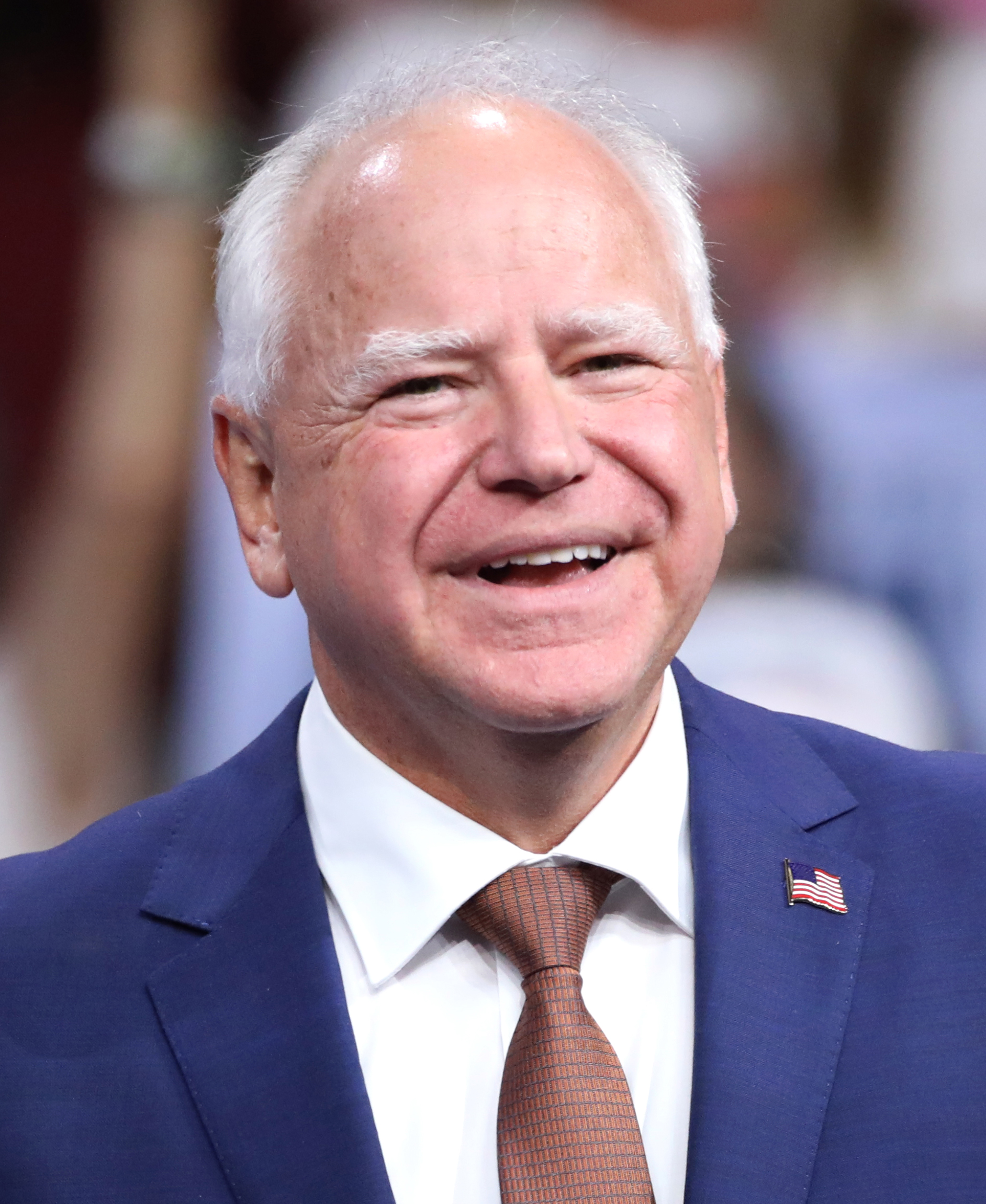Key Takeaways:
• Right-wing commentator Scott Jennings erupted on CNN over Gov. Tim Walz’s comments.
• Walz joked he hoped news might break that President Trump had died.
• Jennings called Walz’s remark “crazy” and “insane.”
• Debate highlights how political rivals scrutinize each other’s health.
Are Trump Health Rumors True?
Introduction to the ControversyRecently, Tim Walz, the governor of Minnesota, fueled new Trump health rumors. He joked that someday people might wake up to find the president had died. This comment aired at a campaign event, and it spread quickly online. Then on CNN, right-wing commentator Scott Jennings exploded with anger. He said no public figure should wish a president’s death. This clash reveals how politicians use health to score points.
Why Tim Walz Sparked Trump Health Rumors
At his rally, Walz held up a phone and said he feared he might wake up and learn the president had passed away. He added, “Someday it will happen. Someday it will happen.” These offhand lines gave fresh life to Trump health rumors. Democrats often point out every stumble or cough from Trump. Now, Republicans note every stumble or cough from President Biden. In both cases, health becomes political ammo.
Scott Jennings Blasts the Comment
During a CNN segment, anchor Kasie Hunt asked Jennings why he did not press Trump on these rumors. Jennings shot back harshly. He said it would be silly to ask someone who sounds alive if they are dead. Then he turned on Walz. He called Walz a “complete piece of s—.” He said, “No elected official should walk around saying they hope the president dies.” His anger was raw, and he repeated that Walz’s remark was “absolutely crazy.”
A Double Standard in Health Scrutiny?
Moreover, this incident points to a wider issue. For years, MAGA influencers tracked every moment of Biden’s health. They noted his walk, his speech and any hint of fatigue. Now, Democrats do the same for Trump. Washington Post reporter Sabrina Rodriguez said the pattern flipped. Yet, both sides claim they care about public transparency. In reality, each side uses health rumors to rally its base, not to inform voters.
Impact on Public Trust
Because of such clashes, many Americans grow weary. They hear conflicting claims about Trump health rumors every week. One group says he is fine. Another group says he is on his last legs. This constant back-and-forth erodes trust in news coverage. Voters begin to assume every rumor is propaganda. As a result, they may ignore real health concerns in the future.
Why This Matters for Future Coverage
In addition, journalists face a dilemma. Should they report every unfounded rumor? Or risk appearing biased? Some argue that repeating wild theories only fuels them. Others say ignoring them makes the press seem to hide facts. Either way, political figures benefit from the spotlight. They can threaten to leak rumors if they don’t get friendly coverage.
Lessons for Political Commentators
First, relying on health rumors can backfire. Scott Jennings meant to defend Trump. Instead, his tirade turned attention back to the rumors. Second, public figures should choose words carefully. A joke about hoping for a president’s death crosses a line for many. Third, voters deserve clear facts, not fear. The next time someone mentions Trump health rumors, citizens should ask for proof.
The Role of Social Media
Social media platforms amplify every claim. A short clip of Walz’s comment racked up millions of views. Then, reaction videos and memes spread across feeds. With each share, Trump health rumors gain fresh life. Social networks reward sensational claims, so few users stop to verify them. This cycle makes it harder to separate truth from spin.
How to Handle Future Rumors
If you hear a new claim about a public figure’s health, take these steps:
• Check reputable news outlets for verification.
• Look for direct statements from the White House physicians.
• Watch full clips instead of edited highlights.
• Remember that jokes do not equal proof.
By staying critical, you can avoid spreading false rumors.
Conclusion
The fallout from Gov. Tim Walz’s rally comment shows how fragile political civility can be. Scott Jennings’s harsh reaction on CNN only fueled the fire. Above all, this episode underscores a simple truth. Health should not be used as a political weapon. Yet, until both parties commit to better behavior, Trump health rumors will keep cycling through the news.
Frequently Asked Questions
What exactly did Tim Walz say about President Trump’s health?
He joked at a Minnesota rally that he feared waking up to news that President Trump had died. He said, “Someday it will happen,” which many found insensitive.
Why did Scott Jennings get so angry on CNN?
Jennings felt that Walz’s comments crossed a moral line. He argued no public official should wish for a president’s death, calling it “insane” and “crazy.”
Are there real concerns about President Trump’s health?
Official statements say he remains fit for office. However, both supporters and critics highlight any minor slip as proof of deeper issues. Always check qualified medical sources.
How can viewers avoid falling for health rumors?
Watch full interviews, seek official briefings, and compare multiple reputable outlets. Avoid trusting viral clips without context.
